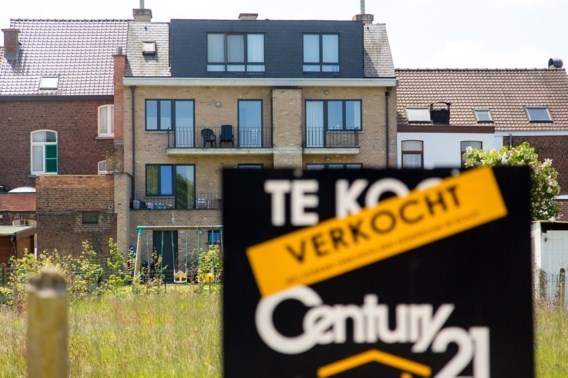Tax authorities are using information and photos from real estate websites and other online platforms to check whether the real estate tax to be paid on a house every year is still up-to-date.
Information and photos from real estate websites and other online platforms are being used by the tax authorities in their analysis of cadastral income (CI) of homes, which determines the real estate tax to be paid on a house every year as part of the personal income tax. In theory, it should be the rental value of a property.
This is a major source of income for local authorities and federal authorities, but checks on cadastral income have revealed that 30-40% of homes are not registered correctly. The FPS Finance has noted that, in the case of targeted checks based on searches on real estate websites, 36% are incorrect.
According to the tax authorities' data, barely 59% of homes have central heating and barely 77% have a bathroom, while the National Institute of Statistics shows these figures are 73 and 96%, respectively. This means people are often paying less tax than they should be.
Revision costing hundreds of euros
This explains the tax authorities' interest when a property is sold or renovated. Pictures on real estate websites could indicate that a property is more up-to-date than was originally indicated, for example, if a new bathroom or central heating system was installed, leading to a review of the CI.
Real estate websites are reportedly aware of this practice and have noted that they cannot stop tax authorities from carrying out these checks.
Accuracy checks are carried out randomly or if the tax authorities suspect irregularities. Aside from visits to websites containing information about the property, the authorities also carry out digital checks through internal and external information sources.
In targeted checks carried out by the FPS Finance after the municipality reports a building permit, for example, up to 65% of homes are found to be incorrectly declared, resulting in the CI being revised.
Related News
- Will the Belgian property market cool down enough to make buying more affordable?
- Flanders renters needlessly pay hundreds of euros in extra property taxes
A revision of the CI could cost homeowners hundreds of euros extra per year, Het Laatste Nieuws reports. However, in the case of new additions being discovered when a property is sold, the cost will fall on the new owners, who will have to pay the higher CI after buying the property.
The FPS Finance sent nearly 260,500 new CI calculations partly as a result of these checks, both for new constructions and revisions to existing properties. A property search online alone will never be a reason to raise the CI, but it can be a trigger for a request for more information and possibly a visit by the tax authorities.

